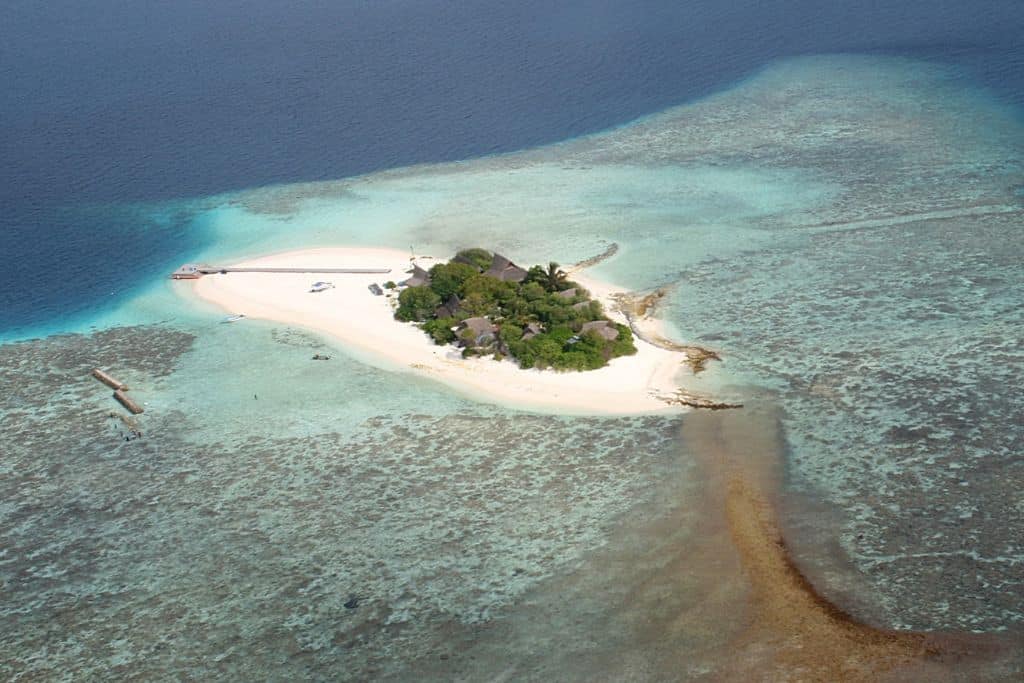The International Tribunal for the Law of the Sea ruled that countries must adhere to their obligations to “prevent, reduce, and control” marine pollution caused by greenhouse gas emissions, which is causing “catastrophic harm” to small island states.
—
In a “historic” win for climate-threatened small island states, an international ocean court on Tuesday ruled that major polluters have obligations under a global treaty to protect the marine environment.
Asked to clarify the legally binding obligations of the 169 signatories of the 1994 UN Convention on the Law of the Sea (UNCLOS), the International Tribunal for the Law of the Sea (ITLOS) – a UN court on maritime law – issued an “advisory opinion” stating that all parties must “take all necessary measures to prevent, reduce and control marine pollution from anthropogenic [greenhouse gas] emissions.” While not legally binding, the court’s clarification on how international law should be applied sets an important precedent for future rulings on the matter.
The case was brought by the Commission of Small Island States on Climate Change and International Law (COSIS) on behalf of nine island states. The Commission argued that big polluters’ failure to mitigate greenhouse gas emissions was causing “catastrophic harm” to these places and would deem them uninhabitable in the near future. Coastal erosion, loss of vegetable gardens from saline intrusion, sea flooding, and land-based pollution are just some of the threats faces by these islands and their indigenous populations, despite them contributing little to nothing to global emissions and pollution.
Catherine Amirfar, Co-Representative of COSIS to ITLOS, said the “landmark” opinion sets an important precedent for other international courts and tribunals’ climate change rulings.
“The Tribunal’s decision today makes clear for the first time that it is the best available science – and not political considerations – that plays a ‘crucial role’ in determining what steps are required under international law to combat climate change… It is a reminder that the ocean is the biggest carbon sink, absorbing 93% of excess heat, and that ongoing inaction will result in a collapse of the global climate system with dire consequences.”
More on the topic: Tuvalu’s Sinking Reality: How Climate Change Is Threatening the Small Island Nation
Last year, the United Nations General Assembly passed a historic resolution on climate justice asking the International Court of Justice (ICJ) – the world’s top court – to define the obligations of individual states to fight climate change. While not legally binding, the International Court of Justice’s advisory opinion could help clarify legal obligations under other international agreements and thus influence future negotiations. The US, the world’s second-largest emitter of greenhouse gases, did not support the resolution.
This story is funded by readers like you
Our non-profit newsroom provides climate coverage free of charge and advertising. Your one-off or monthly donations play a crucial role in supporting our operations, expanding our reach, and maintaining our editorial independence.
About EO | Mission Statement | Impact & Reach | Write for us


















